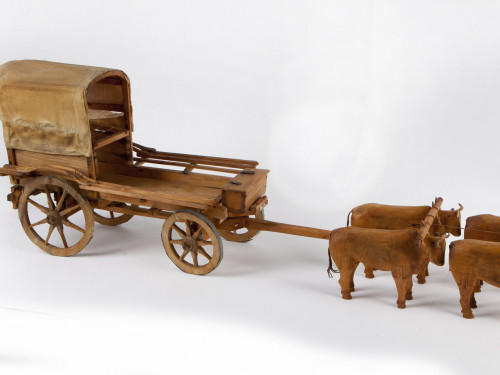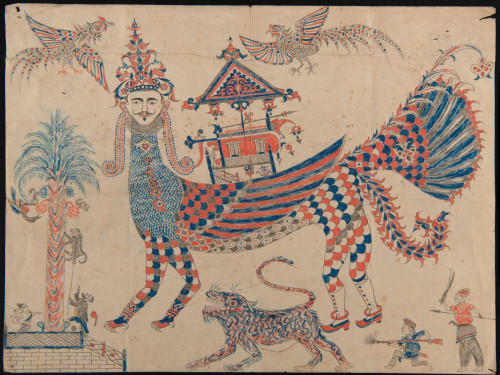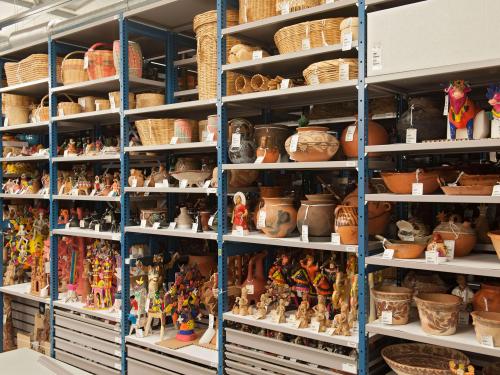The National Museum of World Cultures, to which the Wereldmuseum Amsterdam belongs, is hopeful when it comes to restitution. Twenty years ago, the topic was not up for discussion. Things have changed, though. We are also hopeful about the new government policy being drafted in accordance with the Council for Culture’s advisory report. As a museum, we look forward to its publication because, in the end, the collection is state property. And because it creates clarity, both for the applicants and the museums.
National Museum of World Cultures
The National Museum of World Cultures, of which the Wereldmuseum Amsterdam is a part, is in contact with communities and countries of origin. At the same time, we do a lot of research, sometimes in collaboration with communities and countries of origin. The research results are always made public.
Research is needed to pinpoint where our collection comes from. How it can be interpreted. And what it consists of exactly. Sharing our research allows the countries and communities of origin to learn about the collection. And to determine if they want to apply for restitution. If they decide to do so, we come prepared. And the authorities will be able to decide more quickly.
It is essential that the countries themselves apply for restitution. Neither the museum nor the government can decide on behalf of the countries of origin what items they might want back. And whether they should want those objects back at all. That decision is up to them.


